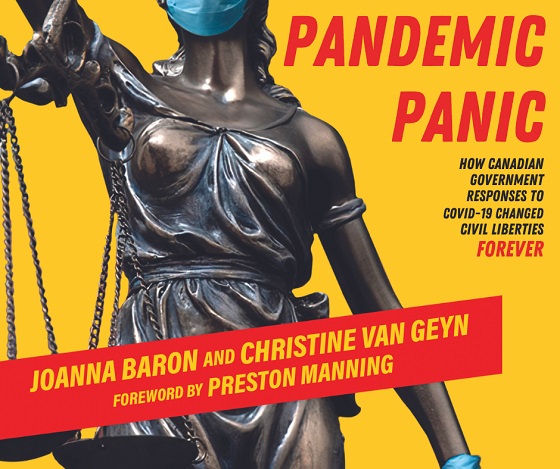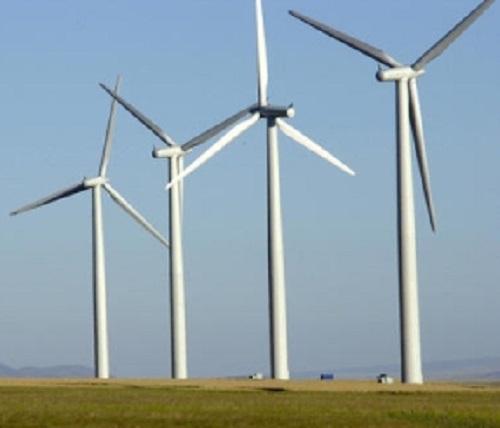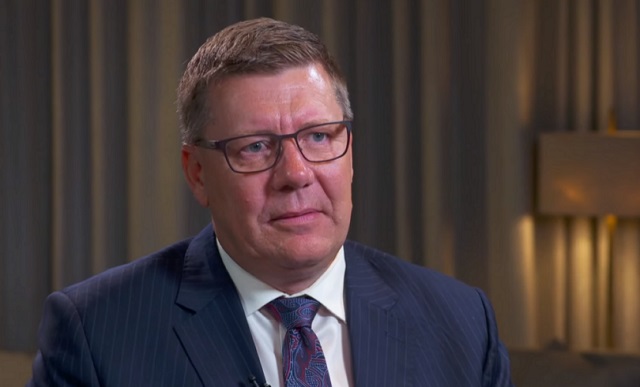Environment
Emmy Award Winning Journalist reveals how “fact checkers” punish ‘tone’ even when the facts check out
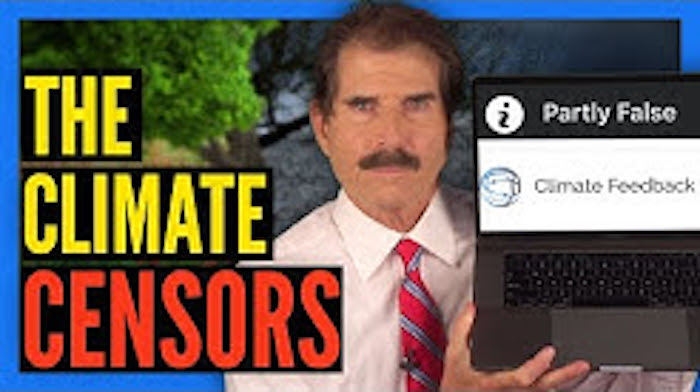
When one of media’s most successful journalists is constantly punished by Facebook Fact Checkers it makes for a compelling story all on it’s own. Does a 19 time Emmy Award Winning Journalist not check his facts? Well… turns out the facts aren’t the problem. Enjoy some more revealing insight from John Stossel.
From StosselTV
Before Facebook censored it, my video, “Are We Doomed”, got more 24 million views. You can watch it here: https://www.youtube.com/watch?v=b8JZo… Now Facebook won’t show it to many people — not even to my subscribers. Facebook’s also punishing Stossel TV by showing our other videos less. All because Facebook foolishly gave Emmanuel Vincent, a recent PhD graduate from France, the power to censor. Vincent assembled a group of like-minded scientists into a group called Climate Feedback climatefeedback.org that declared parts of my video “misleading,” or “partially false.” What facts did the “fact-checkers” correct? NONE! There was not a single hard fact that in the video that was wrong. We address the censor’s claims here, listing our sources: https://www.johnstossel.com/climate-f… I asked one Vincent “reviewer,” the only one willing to be interviewed, why I deserve censorship even though our facts were correct.

After 40+ years of reporting, I now understand the importance of limited government and personal freedom. Libertarian journalist John Stossel is a zealous advocate of free markets, a syndicated columnist and Fox News contributor. Prior to joining Fox, John co-anchored ABC’s primetime newsmagazine show, 20/20. Stossel’s economic programs have been adapted into teaching kits by a non-profit organization, “Stossel in the Classroom.” High school teachers in American public schools now use the videos to help educate their students on economics and economic freedom. They are seen by more than 12 million students every year. Stossel has received 19 Emmy Awards and has been honored five times for excellence in consumer reporting by the National Press Club. Other honors include the George Polk Award for Outstanding Local Reporting and the George Foster Peabody Award.
Economy
Extreme Weather and Climate Change

From the Fraser Insitute
Contrary to claims by many climate activists and politicians, extreme weather events—including forest fires, droughts, floods and hurricanes—are not increasing in frequency or intensity, finds a new study published today by the Fraser Institute, an independent, non-partisan Canadian public policy think-tank.
“Earth Day has become a time when extraordinary claims are made about extreme weather events, but before policymakers act on those extreme claims—often with harmful regulations—it’s important to study the actual evidence,” said Kenneth Green, a senior fellow with the Fraser Institute and author of Extreme Weather and Climate Change.
The study finds that global temperatures have increased moderately since 1950 but there is no evidence that extreme weather events are on the rise, including:
• Drought: Data from the World Meteorological Organization Standardized Precipitation Index showed no statistically significant trends in drought duration or magnitude—with the exception of some small regions in Africa and South America—from 1900 to 2020.
• Flooding: Research in the Journal of Hydrology in 2017, analyzing 9,213 recording stations around the world, found there were more stations exhibiting significant decreasing trends (in flood risk) than increasing trends.
• Hurricanes: Research conducted for the World Meteorological Organization in 2019 (updated in 2023) found no long-term trends in hurricanes or major hurricanes recorded globally going back to 1980.
• Forest Fires: The Royal Society in London, in 2020, found that when considering the total area burned at the global level, there is no overall increase, but rather a decline over the last decades. In Canada, data from Canada’s Wildland Fire Information System show that the number of fires and the area burned in Canada have both been declining over the past 30 years.
“The evidence is clear—many of the claims that extreme weather events are increasing are simply not empirically true,” Green said.
“Before governments impose new regulations or enact new programs, they need to study the actual data and base their actions on facts, not unsubstantiated claims.”
- Assertions are made claiming that weather extremes are increasing in frequency and severity, spurred on by humanity’s greenhouse gas emissions.
- Based on such assertions, governments are enacting ever more restrictive regulations on Canadian consumers of energy products, and especially Canada’s energy sector. These regulations impose significant costs on the Canadian economy, and can exert downward pressure on Canadian’s standard of living.
- According to the UN IPCC, evidence does suggest that some types of extreme weather have become more extreme, particularly those relating to temperature trends.
- However, many types of extreme weather show no signs of increasing and in some cases are decreasing. Drought has shown no clear increasing trend, nor has flooding. Hurricane intensity and number show no increasing trend. Globally, wildfires have shown no clear trend in increasing number or intensity, while in Canada, wildfires have actually been decreasing in number and areas consumed from the 1950s to the present.
- While media and political activists assert that the evidence for increasing harms from increasing extreme weather is iron-clad, it is anything but. In fact, it is quite limited, and of low reliability. Claims about extreme weather should not be used as the basis for committing to long-term regulatory regimes that will hurt current Canadian standards of living, and leave future generations worse off.
Author:
The Fraser Institute is an independent Canadian public policy research and educational
organization with offices in Vancouver, Calgary, Toronto, and Montreal and ties to a global
network of think-tanks in 87 countries. Its mission is to improve the quality of life for Canadians,
their families and future generations by studying, measuring and broadly communicating the
effects of government policies, entrepreneurship and choice on their well-being. To protect the
Institute’s independence, it does not accept grants from governments or contracts for research.
Visit www.fraserinstitute.org
Environment
Ottawa’s plastic ban may actually hurt the environment
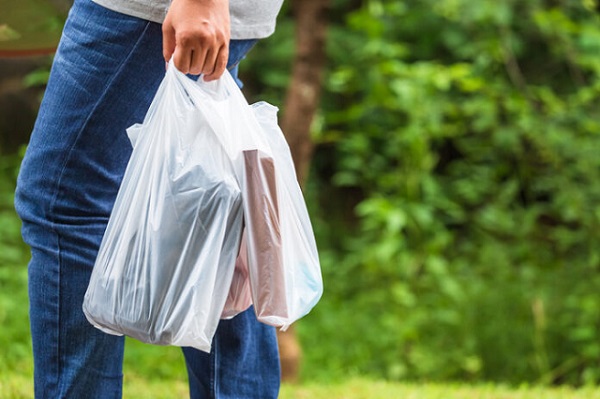
From the Fraser Institute
” a market research firm, found that in New Jersey… “non-woven polypropylene… consumes over 15 times more plastic and generates more than five times the amount of GHG emissions during production per bag than polyethylene plastic bags.” In other words, the ban helped increase pollution. “
Despite a court ruling late last year, which deemed the Trudeau government ban on single-use plastic (cutlery, straws, grocery bags, etc.) “unreasonable and unconstitutional,” the ban essentially remains in place pending appeal or further regulatory action. But according to the government’s own data and analysis, plastic waste is a virtual non-issue in Canada, as 99 per cent of all plastic waste is disposed of safely in landfills or is incinerated. And less than 1 per cent of Canada’s plastic waste finds its way into the environment.
Moreover, there’s great potential for people to replace banned plastic items, including plastic grocery bags, with other plastic bags not included in the ban such as heavy gauge “reusable” shopping totes and other types of plastic trash bags made of heavier-gauge plastics than the filmy bags banned from grocery stores.
In New Jersey, for example, while plastic grocery bag use did decline following a statewide ban in 2022, plastic substitute materials skyrocketed, plastic consumption rose threefold for heavier reusable bags and sixfold for woven and non-woven polypropylene bags, which are not produced domestically, not recycled nor do they contain recycled content. Freedonia, a market research firm, found that in New Jersey “increased consumption of polypropylene bags” contributed to a “500% increase in greenhouse gas (GHG) emissions compared to non-woven polypropylene bag production” and that “non-woven polypropylene… consumes over 15 times more plastic and generates more than five times the amount of GHG emissions during production per bag than polyethylene plastic bags.” In other words, the ban helped increase pollution.
In California, an environmental interest group called CALPIRG recently issued a report generally favouring plastic bag bans, observing that they do indeed reduce the use of banned bags. However, the report notes that “loopholes,” which allow consumers to use heavier plastic bag alternatives, results in more plastic consumption and waste—not less. According to CALPIRG, plastic bag disposal rates increased in one jurisdiction (Alameda) from 157,000 tons in the year before the ban on single-use grocery bags to 231,000 tons in 2021. On a per-person basis, it rose from 4.1 tons disposed of per 100,000 people to 5.9 tons disposed of per 100,000 over that same span.
In both New Jersey and California, efforts are underway to “fix” the loopholes that have allowed proliferation of plastic consumption and waste in the wake of plastic bag bans. However, these actions are unlikely to work unless they can somehow stop consumers from simply switching to plastic garbage bags or buying online heavier-gauge plastic shopping totes (and trashing them after a few shopping trips). Consumers have already shown they’re prepared to do these things.
Here at home, there’s no reason to believe that Canadian consumers will react any differently to a ban on single-use plastics. Canadians are just as likely to reach for the convenient substitute, whether that’s heavier paper products or heavier plastic products not covered under existing bans.
If sanity reigned, Canada would get ahead of the perverse consequences likely to flow from plastic bans by scrapping the entire idea and allowing consumers to consume what they believe best suits their lives and pocketbooks. Canada already has an admirable waste management system that keeps 99 per cent of disposed plastics safely locked away in environmentally protective landfills or eliminates them completely through incineration.
There’s no need for plastic bans or a governmental takeover of the plastics sector via regulation. Government should throw these bans in the bin.
Author:
-

 Economy4 hours ago
Economy4 hours agoExtreme Weather and Climate Change
-

 Economy2 days ago
Economy2 days agoFederal budget: You can’t solve a productivity emergency with tax hikes
-
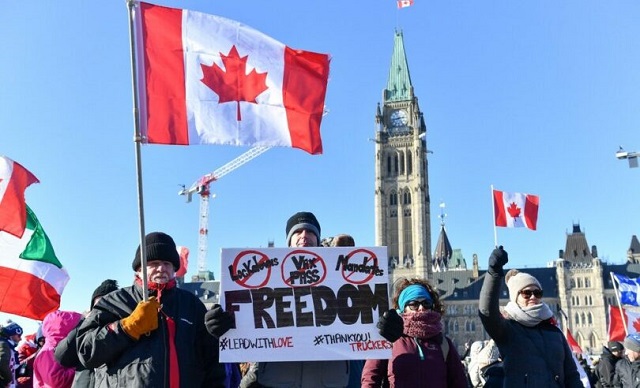
 Freedom Convoy22 hours ago
Freedom Convoy22 hours agoTrudeau’s use of Emergencies Act has cost taxpayers $73 million thus far
-
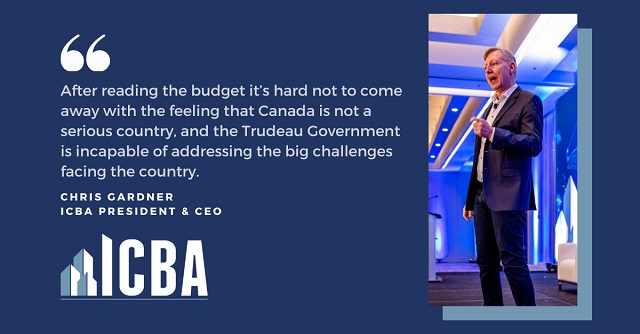
 Business1 day ago
Business1 day agoDoubling Down on Missing the Mark
-

 Jordan Peterson24 hours ago
Jordan Peterson24 hours agoJordan Peterson slams CBC for only interviewing pro-LGBT doctors about UK report on child ‘sex changes’
-
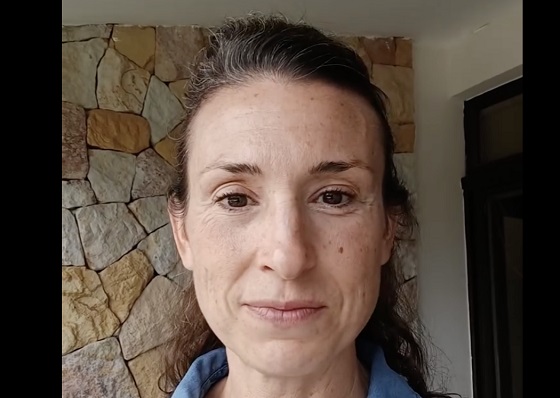
 COVID-192 days ago
COVID-192 days agoPro-freedom Canadian nurse gets two years probation for protesting COVID restrictions
-
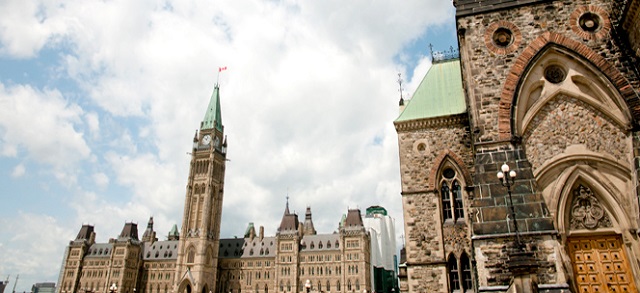
 Economy2 days ago
Economy2 days agoMassive deficits send debt interest charges soaring
-

 International2 days ago
International2 days ago28-year-old Dutch woman to be killed by assisted suicide after doctors deem her autism ‘untreatable’



